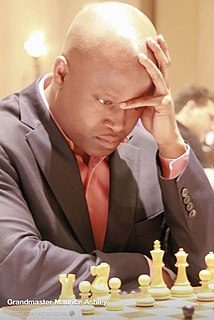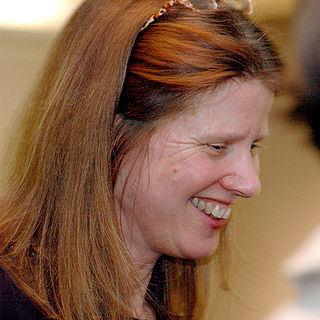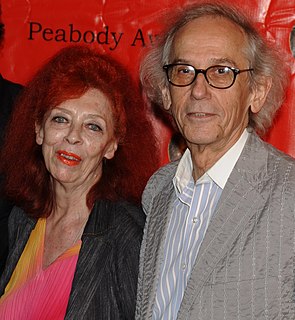A Quote by Rick Riordan
When I was young, my favorite picture book was 'Fletcher and Zenobia,' written by Edward Gorey and illustrated by Victoria Chess. It's long out of print now, but its mix of macabre humor and 1960s psychedelia made it a perfect children's book for the times.
Related Quotes
There was an author who titled his books by days of the weeks and another one that used colors. Then there was Edward Gorey who wrote the book The Gashlycrumb Tinies, about the untimely death of 26 Victorian children, each representing a letter of the alphabet. I thought what a great way to link the titles.
What's your favorite book?' is a question that is usually only asked by children and banking identity-verification services--and favorite isn't, anyway, the right word to describe the relationship a reader has with a particularly cherished book. Most serious readers can point to one book that has a place in their life like the one that 'Middlemarch' has in mine.
When Emily Dickinson's poems were published in the 1890s, they were a best-seller; the first book of her poems went through eleven editions of a print run of about 400. So the first print run out of Boston for a first book of poems was 400 for a country that had fifty million people in it. Now a first print run for a first book is maybe 2,000? So that's a five-time increase in the expectation of readership. Probably the audience is almost exactly the same size as it was in 1900, if you just took that one example.



































